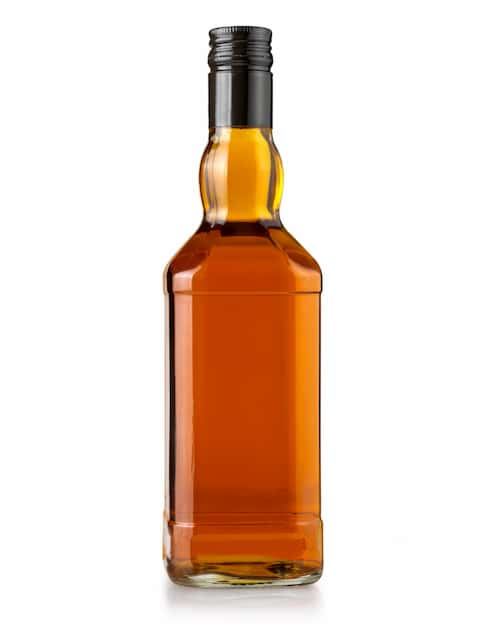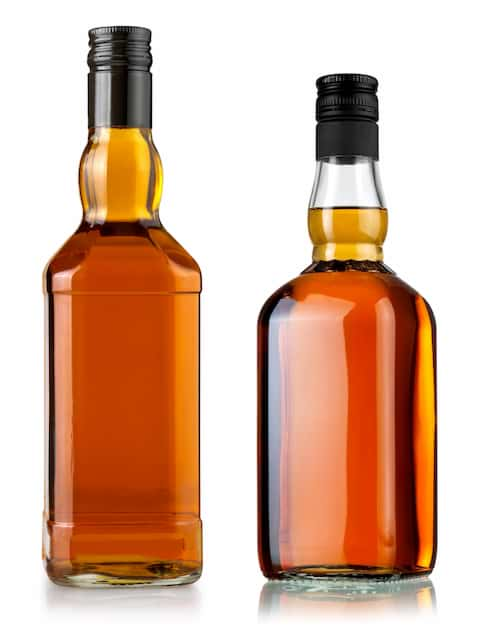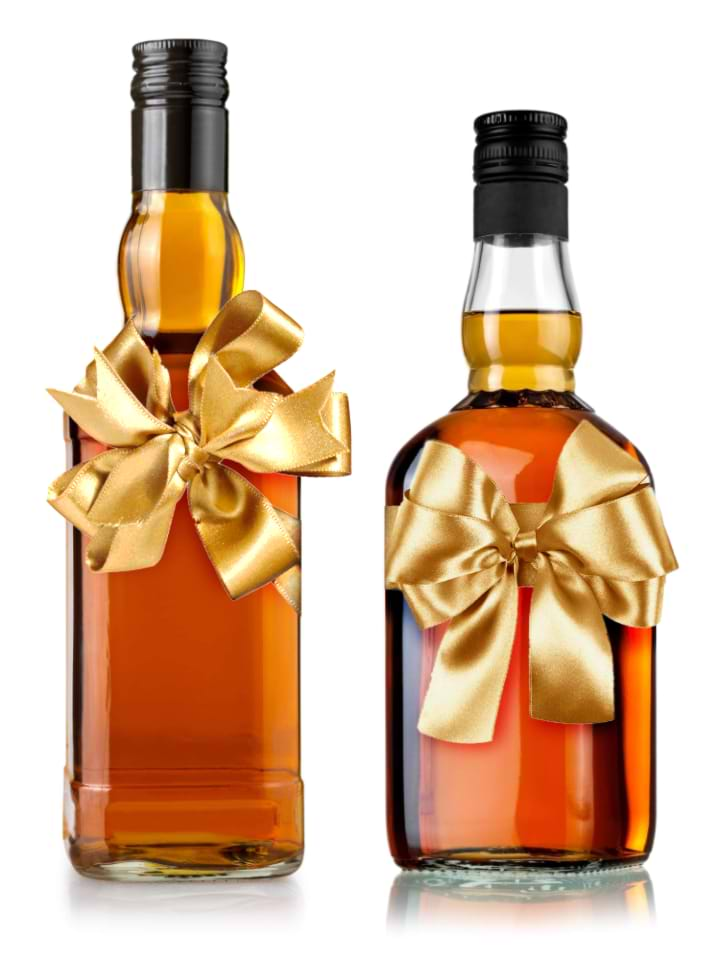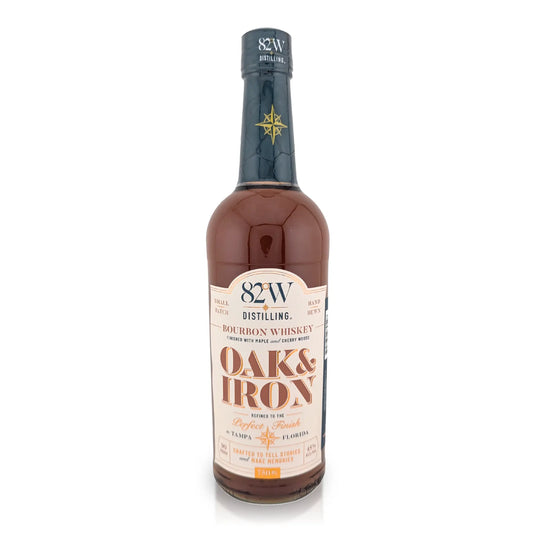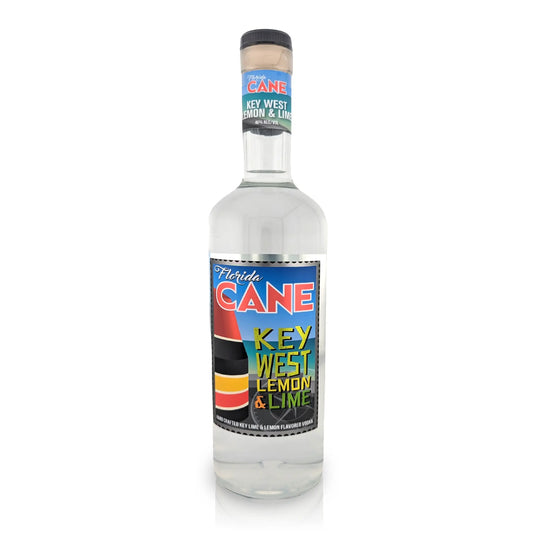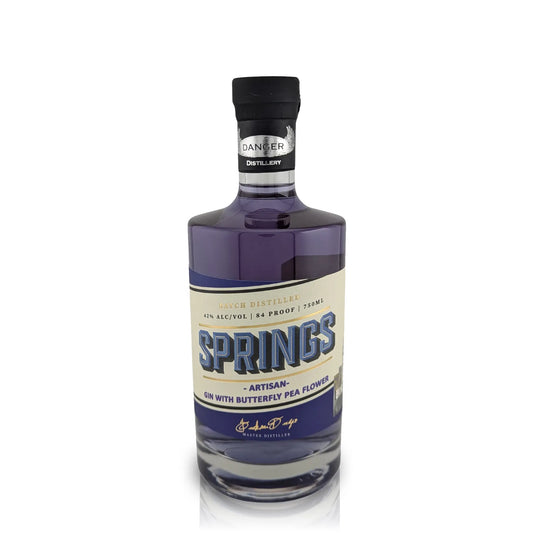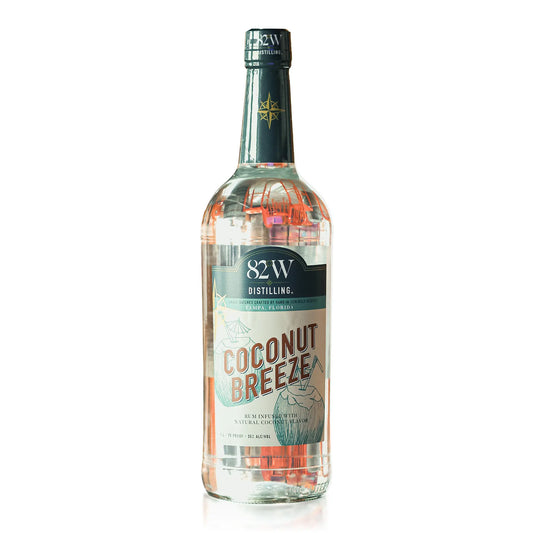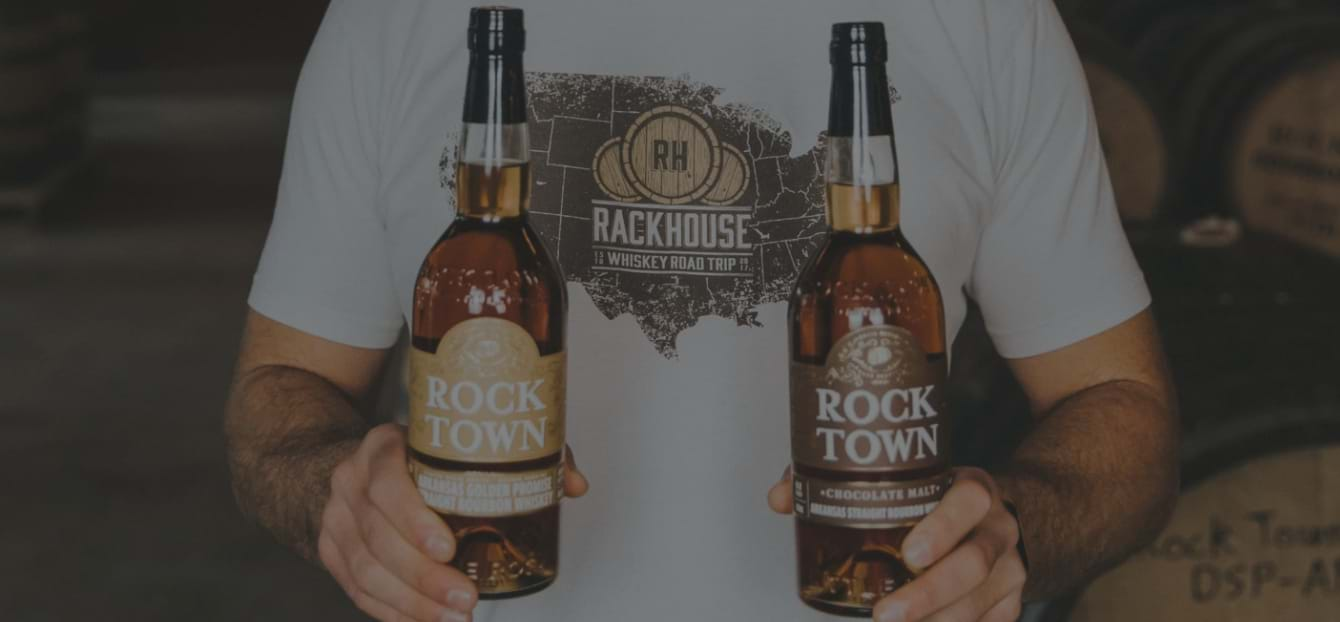
If you ask any distillery or whiskey maker what the most important ingredient is to the final product, they’d likely say water. Aside from being a key step in how whiskey is made, adding a drop or two of water to your glass actually helps to “open up” the taste of the drink. And all whiskey (unless it’s barrel-proof whiskey) has water added after it’s matured to bring it to a specific proof. Typically, whiskey makers calculate how much water is needed to bring the whiskey to the desired ABV and then it gets added to the tank and then shortly thereafter is bottled. There’s a new technique brewing where small distillers take their time with proofing and add the water in small increments over time. It’s called slow-proofing or slow-dilution and it’s creating a new type of blend worth trying.
What is slow-proofing whiskey?
Slow-proofing or slow-dilution is a way for distillers to take a more deliberate approach to bring the whiskey to its final ABV. Nora Ganley-Roper, co-founder of Lost Lantern Whiskey told Vinepair, “It’s very similar to making a stew or a curry — it allows an integration of flavor.” She added that the technique can result in a less intense flavor on the palate.
To understand the critical nature of water in whiskey, it’s important to review its role in the process. Although aging whiskey is complex, water is a key factor to changing the flavor as it matures. Before whiskey is bottled, water is added to dilute it to about 40 percent alcohol by volume. The mixture of water, alcohol and congeners react with each other over time. These ingredients then react with oxygen in the outside air through oxidation. The final factor is that water absorbs substances from the wood as it moves within it. Once whiskey is aged in oak barrels, it contains about 55 to 65 percent ethanol, with water making up the rest of the liquid. The higher the ethanol concentration, the higher the ABV proof. So whiskey makers usually add water to the mixture so that the ethanol is reduced to 40% or 80 proof (this is standard).
Why is slow-proofing a benefit to making whiskey?
Added water can create or destroy new esters (which are responsible for the pleasant and attractive fruit aromas in whiskey). By adding water gradually, some distillers think a more integrated, harmonious flavor can be achieved. “If it’s an aggressive, big addition of water, it can destroy some of the really delicate, beautiful esters that we spend considerable time during fermentation. So we didn’t want to mask or lose any of that,” says Amanda Beckwith, lead blender at Virginia Distillery Co.
Although there’s no scientific evidence, slow-proofing can also prevent saponification, which is where water brings out fats or oils from suspension in the distillate and can give the whiskey a soapy taste.
Is it a game-changing technique?
If the method of slow-proofing whiskey is so desirable to the overall final product, why don’t more distilleries utilize it? It can be expensive to incorporate a slow-proofing method because it requires more space than usual. And it also calls for more labor to painstakingly add precise amounts of water week after week. But for the small batch distilleries who are all-in on the method, they say it’s a total game changer because it allows flavors time to get acquainted before the whiskey gets bottled. Will we see this in future distilleries? Only time will tell.
If you want to support small craft distilleries who aren’t afraid to experiment to make the best whiskey, check out RackHouse Whiskey Club. RackHouse scours the U.S. looking for the best craft distilleries with the most interesting stories to curate a unique subscription box filled with full-sized bottles of hard-to-find small batch whiskey. We’re building a community of premium craft whiskey drinkers. And you’re invited! Join us!


